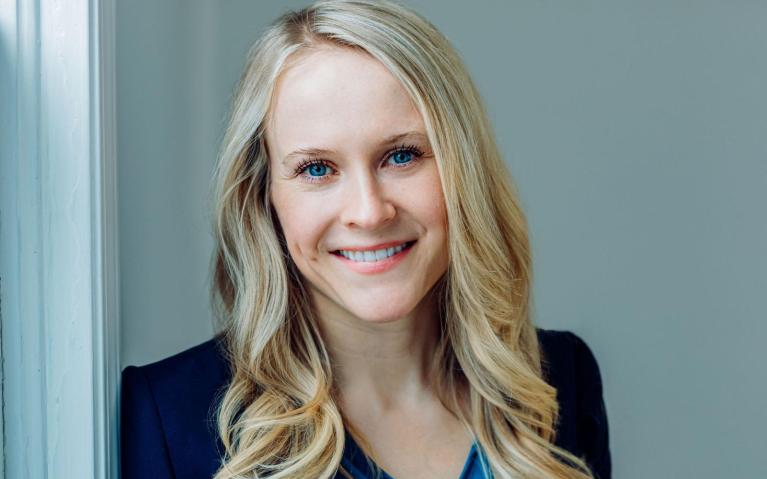
Haley Hrymak
Doctor of Philosophy in Law (PhD)
Research Topic
Creating a safer and more effective family law system in British Columbia for survivors of violence
G+PS regularly provides virtual sessions that focus on admission requirements and procedures and tips how to improve your application.
These videos contain some general advice from faculty across UBC on finding and reaching out to a potential thesis supervisor.
Theses completed in 2010 or later are listed below. Please note that there is a 6-12 month delay to add the latest theses.
Relocation cases are widely considered to be among the most challenging issues in family law. The outcome of the case is likely to have profound impact on the children and the parties, and resolution by agreement is difficult because the range of settlement options is limited and settlement involves substantial compromise by at least one of the parties. In 2013, the British Columbia Family Law Act introduced relocation-specific legislation for the first time in Canada, and the reforms to the Divorce Act (Canada), which came into force in March 2021, introduced relocation-specific legislation for the same time at the federal level. Both Acts introduced burdens of proof for some categories of relocation cases, as well as specific factors that the court must consider, which were intended to improve clarity and consistency. This thesis examines 204 reported relocation decisions in BC, in the period of March 2013 to October 2021, and considers relocation cases through the lens of migration studies. The findings include the outcomes of the cases; the gender of the applicants; whether the relocation was intra-provincial, inter-provincial, or international; caregiving arrangements during the relationship and following separation; the reasons for the proposed relocation; and income differences between the parties. In addition, this thesis examines the relationship between prior geographic mobility and the relocation application, and the treatment of extended families and blended families by the court. Consistent with findings from prior studies of relocation cases, this study found that the vast majority of relocation applicants were mothers, and that the reasons for the proposed relocation often combine economic needs and various relationships and support systems. Prior migration during or in connection with the relationship plays a multifaceted role in relocation applications, and furthermore, the decisions illustrate competing values and ideologies about families. Overall, this thesis proposes that migration studies offer valuable concepts and insights for analyzing relocation cases and situating them in the broader phenomena of geographic mobility.
View record
If this is your researcher profile you can log in to the Faculty & Staff portal to update your details and provide recruitment preferences.